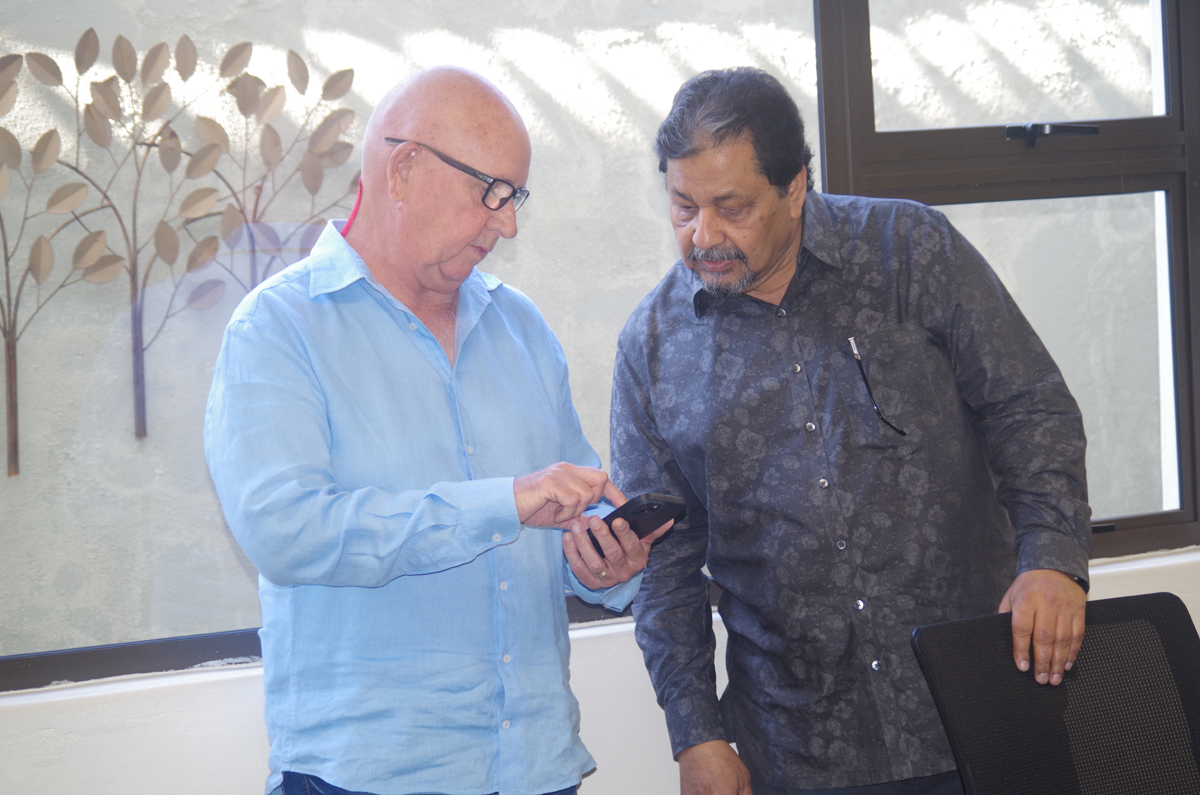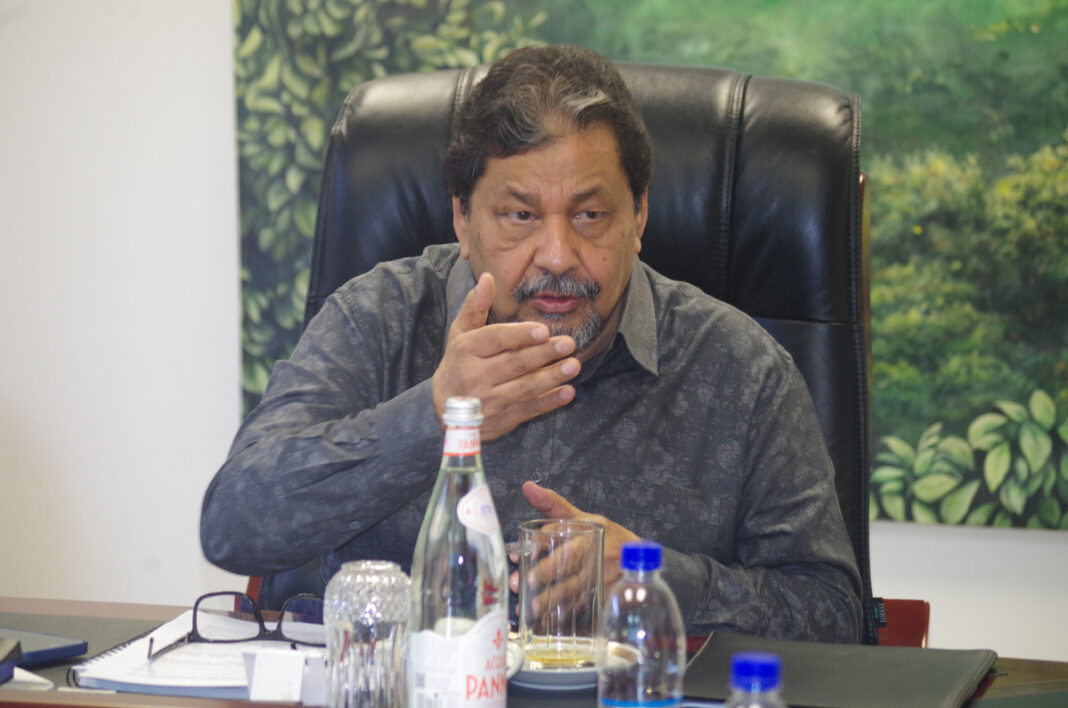The application for a warrant of arrest by the Anti-Corruption Commission that is pending before the Supreme Court is being challenged.
A group of companies and businesspeople, including Avapharm (Pty) Ltd, pharmaceutical executives and prominent businessmen David John Melvin and Kareem Ashraff, have approached the Supreme Court seeking to intervene and oppose an appeal relating to an arrest warrant that was previously before the High Court.
The application, filed on Tuesday, invokes the Supreme Court’s original jurisdiction in terms of Rule 60 of the Supreme Court rules, 2023.
| Eswatini Observer WhatsApp Channel
Avapharm (PTY) Ltd is the first intervening party, Melvin is the second, Ashraff the third and Swazipharm (Pty) Ltd is the fourth in the notice dated November 4.
The first to fourth intervening parties are asking the court to provide guidance on the procedure they should follow to file papers and fully participate in the ongoing appeal. They say they intend to comprehensively address key issues arising from a High Court matter in which wide-ranging search and seizure orders were sought against various individuals and companies in the pharmaceutical sector.

The matter stems from High Court case No. 346/2025, where according to the court documents an ex parte application was brought without notice to the affected parties and allegedly made before the chief justice or a judge in chambers. In that application, the applicant sought extensive orders authorising the issuing of a warrant of apprehension against several individuals, including businessmen, pharmacists, and corporate entities linked to the healthcare supply chain in Eswatini.
RELATED: DRUGS PROCUREMENT ARREST: Avapharm writes to DPP
The application also sought search and seizure warrants permitting investigators to enter business premises, private residences, motor vehicles, and to confiscate electronic devices and data belonging to the following individuals and companies: Simon Mfanzile Zwane, Samuel Vusi Victor Magagula, Sincedile Hlobsile Dlamini-Magwaza, Fortunate Ntombi Bhembe, Themba Jeremy Motsa, Yoliswa Temndeni Zwane, David John Melvin, Vikramkumar Naik, Kareem Ashraff, Craig Naidoo, Yolandi Suelene Goldston-Bernard, Mandla Mfanukhona Dlamini, Larreth Group Eswatini (Pty) Ltd and Avapharm (Pty) Ltd, Swazipharm Wholesalers (Pty) Ltd, Healthcare Swaziland (Pty) Ltd.
In addition, the application requested that officers of the Anti-Corruption Commission (ACC) and the Royal Eswatini Police Service accompany the investigating officer to execute the intended warrants, and that the warrants remain confidential until carried out or formally cancelled.
However, the intervening parties argue that the original application was fundamentally defective. Their first point of challenge is that the applicant who sought the warrants purported to act as an investigating officer of the Anti-Corruption Commission, despite the ACC itself not being cited as the applicant. They say that the law, specifically Section 13(1) and (2) of the Prevention of Corruption Act, 2006, clearly defines the commission as the statutory body required to bring such applications before the courts.
In their notice, the intervening parties contend that the failure to cite the ACC is not a mere technicality but a fatal flaw, because it means the commission was not properly before the High Court and is similarly not before the Supreme Court in the present appeal. They argue that this issue could lead to a miscarriage of justice if not directly addressed.
They further state that if the ACC intended to pursue the matter, the proper course would have been for the commission to be cited as the applicant, with an authorised officer such as Clement Sifiso Khumalo deposing to the supporting affidavit. Because this did not occur, they argue, no lawful order binding the commission can result.
A second major point of challenge relates to Section 13(3)(d) of the Prevention of Corruption Act, which requires that any application for a warrant of apprehension must specify the period for which the warrant is sought. The intervening parties assert that this statutory requirement was not complied with, meaning the High Court could not lawfully exercise its discretion to grant such a warrant.
In light of these alleged procedural and jurisdictional flaws, the intervening parties intend to argue that the appeal is improperly before the Supreme Court and should be struck off the roll.
Eswatini Observer Press Reader | View Here










